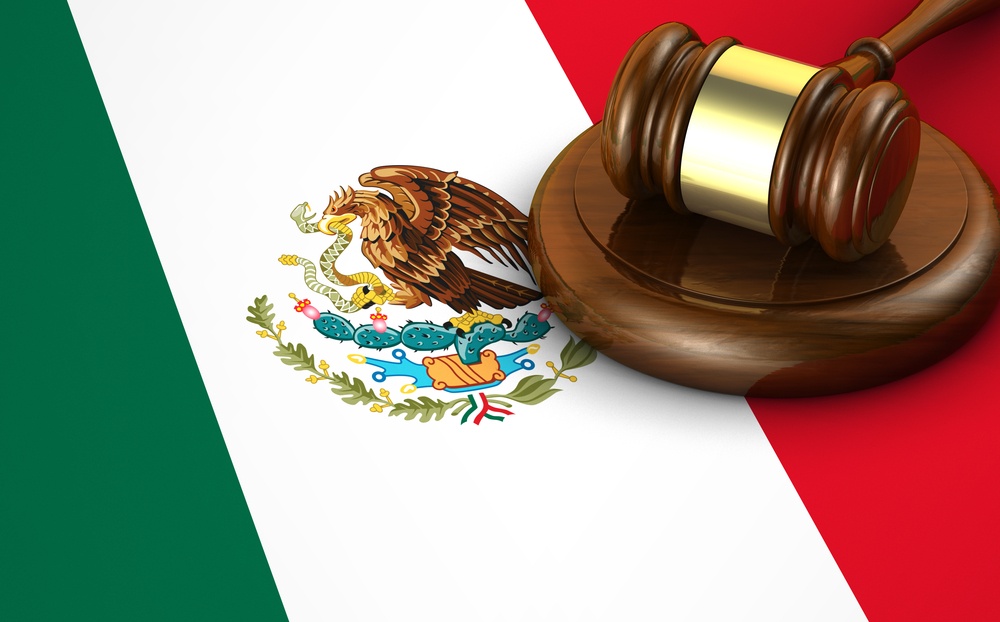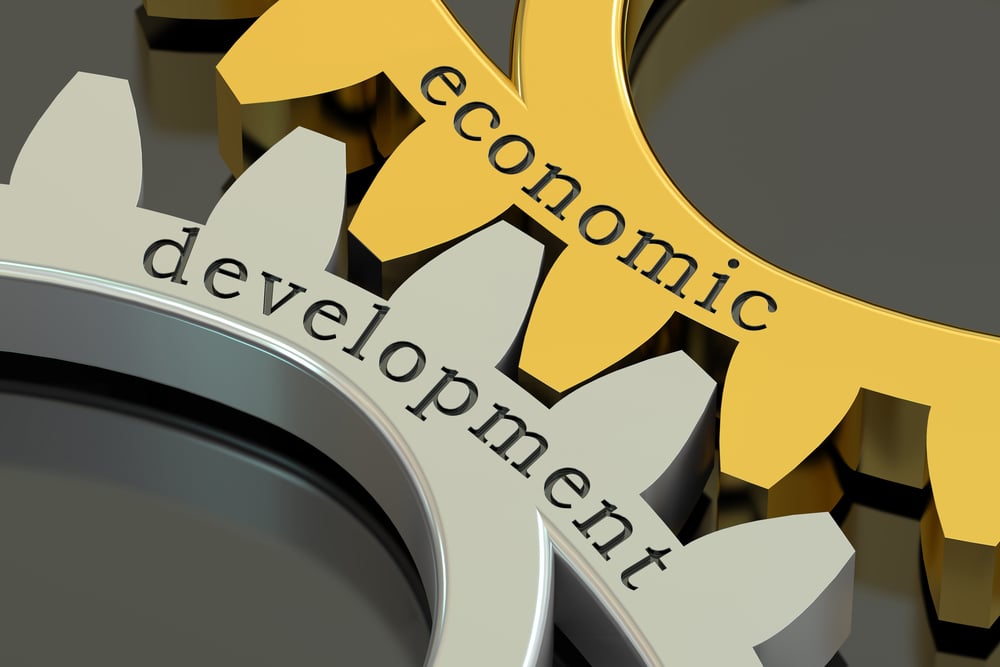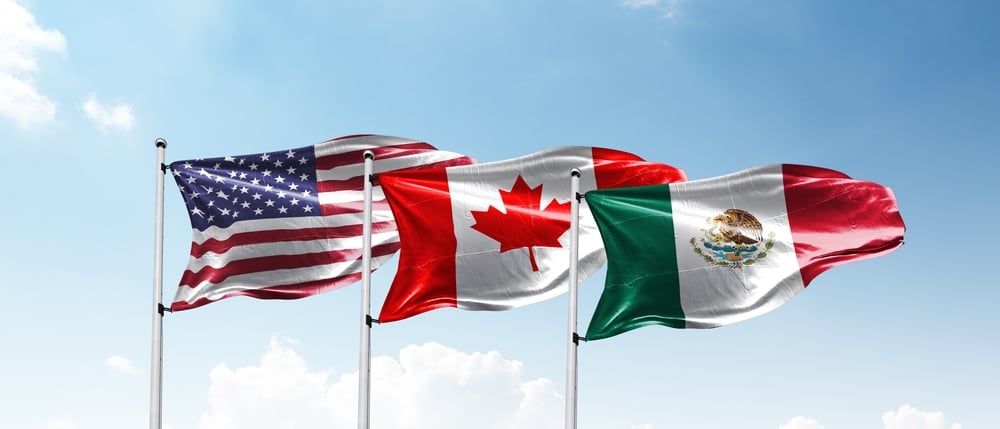Approximately 2,100 German companies are registered to do business in Mexico, and there’s little sign of that slowing. In May 2019, the German Minister of Foreign Affairs, Heiko Mass and Mexico’s Secretary of Foreign Affairs, Marcelo Ebrard, signed a joint declaration launching a new stage in the ongoing “Alliance for the Future” that unites both countries. That alliance reaffirmed the importance of the two country’s relationship and offered a commitment to ongoing investment.
And that’s a significant investment into Mexico. In 2018, Germany was Mexico’s fourth largest trading partner, and the largest in the European Union. With trade of roughly $23 billion USD in 2017, Germany is one of Mexico's principal trading partners in the European Union. Those more 2,000-some German companies investing in Mexico operations contribute to nearly 5% of Mexico’s GNP. In return, German companies receive the high level of manufacturing that makes German-made products synonymous with quality.
Investing in energy
Mexico and Germany have discussed mutual support since 2015 via a Binational Commission chaired by the two countries’ foreign ministers. In 2017, that relationship led Germany’s Federal Ministry for Economic Cooperation and Development to pledge around $235 million USD to support Mexican development around sustainable energy supply and environmental policy. The ministry also supports vocational training in Mexico and is working to jointly expand that support to surrounding Latin American countries.
The German-Mexican Energy Partnership is a collaboration between the nations that supports an exchange of best practices among stakeholders and solutions to achieve their respective 2050 clean energy goals. Together, the two groups work to address shared challenges, such as climate change, and develop technological and economic solutions for improved energy transitions. Thus far the partnership has explored ways to integrate variable renewable energy resources, boosting energy efficiency in manufacturing and increasing information and transparency around fossil fuels.
That energy investment is felt strongly in manufacturing environments, with their tremendous environmental impact. Audi’s San José Chiapa plant, opened in 2016, is a prime case in point. Today the facility employs 5,360 people in producing Q5 and SQ5 luxury SUVs. The company invested not only in a quality product, but in a sustainable facility. The site became the first launch of a new water treatment process that helped Audi to become the world’s first premium manufacturer to produce automobiles completely free of wastewater. In 2018, 173,734 Q5 were manufactured at the sustainable site.
Investing in vocational training
Because so many German companies depend upon skilled Mexican employees, Germany also invests in the country’s training programs. In 2015, both governments committed to developing a dual technical and vocational system in Mexico that follows the model established by Germany. By investing in technical training, Mexican workers gain valuable experience and German companies develop their own skilled labor source.
Schuler demonstrates this value in action. The Puebla-based subsidiary of the German group manufactures press and production technology used by automotive manufacturers. In 2011, the company set out to form a vocational education program based on the German apprenticeship model. With support from five German companies, Schuler Mexico created a curriculum with both theoretical and practical lessons that would culminate in a certificate from the Chamber of Commerce and Industry. Two years later, it opened its Centro de Especialización Dual (Cedual) to train operators on industry leading metal-forming practices.
At the time, this professional skills training was new, and celebrated by the Governor of Puebla and Germany’s Federal Minister for Economic Cooperation and Development. Today, the training supports the company’s Industry 4.0 transformation.
Investing in global excellence
Perhaps no industry has been harder hit by transformation than the automotive industry. While potential investors may have felt concern over the impact of the renegotiated NAFTA, long-term German investors recognized, as BMW global production chief Oliver Zipse recently commented, "[I]t's very normal that we have trade restrictions … The answer is to go worldwide.”
BMW’s $1 billion San Luis Potosi plant opened in June 2019. The plant stands poised to produce 175,000 3-series sedans annually, many of which are targeted for export to the United States. But as Zipse told Automotive News, the Mexico plant is focused on supplying global demand for the 3-series. Mexico supports the company’s geographically diverse footprint—and vehicle demand in more than 40 countries.
Meanwhile, Daimler Trucks North America announced plans to push for even bigger production goals for the Cascadia tractor trucks produced at its Saltillo facility. The Saltillo plant had been recognized in 2018 as the German company’s best truck operation in North America as a result of leading production times, low cost and high quality. The facility produces one vehicle every 4.4 minutes, compared to 12 minutes in U.S. plants. Despite perceived economic uncertainty, the plant pushed to produce more than 56,000 units, its highest amount in its 10-year history.
Invest in your company
Germany has made clear that it understands excellence in production comes with a strong foundation. By supporting German companies operating in Mexico, it paves the way for strong returns into its own economy.
In much the same vein, when companies are supported by a dependable partner, they can feel confident that they’ll reap a larger return in their manufacturing investment. To learn about the support available to your manufacturing operation in Mexico, reach out to Tetakawi today.
Subscribe
Sign up and stay informed with tips, updates, and best practices for manufacturing in Mexico.





